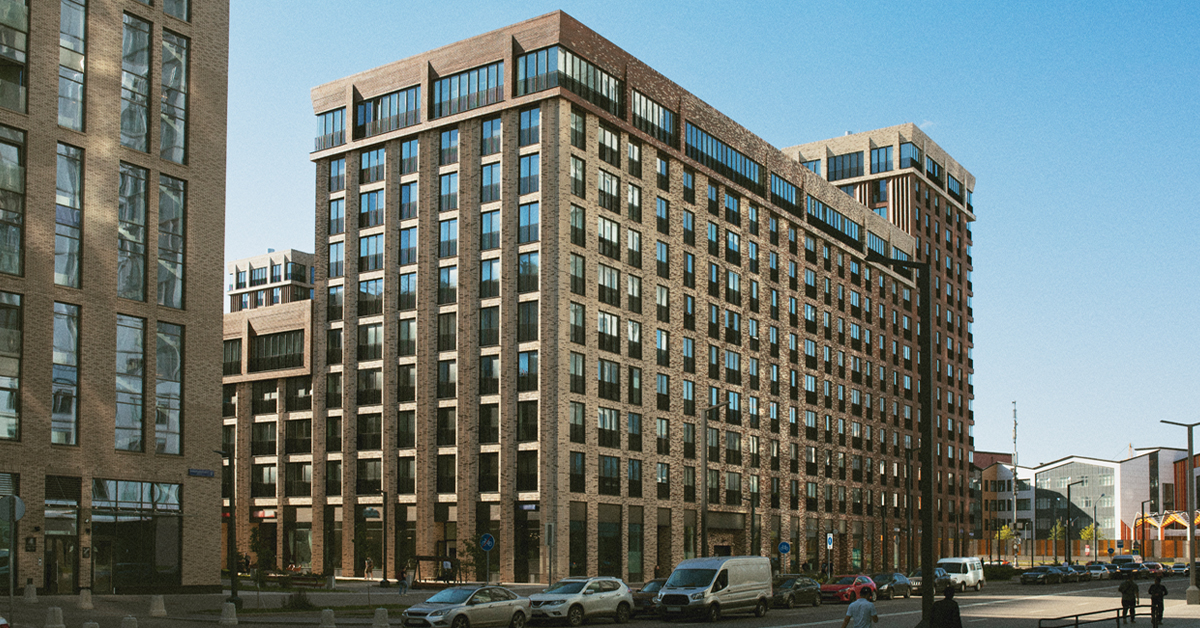The introduction of the Awaab’s Law and the new requirements for Resident Engagement Strategies under the Building Safety Act 2022 highlights a pivotal change within the industry. The introduction of these laws highlights the need for effective resident engagement to break the cycle of being perceived as being indifferent and ignorant to residents’ concerns and issues. Thus, providing the ideal opportunity for landlords and managers alike to improve engagement and communication and head off both safety and health related issues at an early stage.
The Housing Secretary has launched a consultation proposing new legal requirements for social landlords to address hazards including damp and mould quickly following the death of Awaab Ishak in 2020.
It proposes new legal requirements for social landlords to investigate complaints and hazards within 14 days, start fixing within a further 7 days, and make emergency repairs within 24 hours. Landlords will also be expected to keep clear records to improve transparency for tenants – showing every attempt is made to comply with the new timescales so they no longer allow unacceptable delays to rectify issues within people’s homes. Those landlords who fail to meet these timeframes and keep records will be taken to court where they may be ordered to pay compensation for tenants.
Many are suggesting that this new proposed law should be apply to the private rented sector where the charity, Citizen’s Advice, have suggested that around 2.7m households in England are contaminated by damp, mould or excessive cold.
The background to the death of Awaab Ishak bear some resemblance to some of the issues raised by residents prior to the Grenfell Fire. But how are Awaab’s Law and the Building Safety Act 2022 linked.
Ignoring Complaints
Awaab Ishak, a two-year-old from Rochdale, died in December 2020 from a respiratory condition caused by extensive mould in the flat where he lived with his parents. His parents had for months, prior to his death, complained and requested support from the housing provider, Rochdale Boroughwide Housing, but their pleas were ignored and nothing was done.
Yet again housing providers and landlords are found to be ignoring complaints from residents which was also highlighted by Dame Judith Hackett where she found evidence that landlords and others in respect of Grenfell were “indifferent” when concerns are raised by residents and others and “ignored” them prior to the fire.
The Need for Effective Engagement
Whilst the new requirements for residents’ engagement under the Building Safety Act 2022 relate specifically to the “building safety” definition under the Act – i.e. covering fire and structural safety only, and not areas such as mould, it is highly likely that effective engagement will provide additional benefits for both landlords and residents alike, allowing them to improve communication and understanding between both parties and enable them to work together to remove the sense of indifference and deal with issues both building safety and beyond, quickly.
Conclusion
Whilst the new Awaab’s Law may not impact the private rented sector in its current form, calls to have it extended are growing and should not be discounted yet. The industry has to break the cycle of being perceived as being indifferent and ignorant to residents’ concerns and issues.
The introduction of both Awaab’s Law and the new requirements for Resident Engagement Strategies under the Building Safety Act are an ideal opportunity for landlords and managers alike to improve engagement and communication and head off both safety and health related issues at an early stage.




Leave Comment